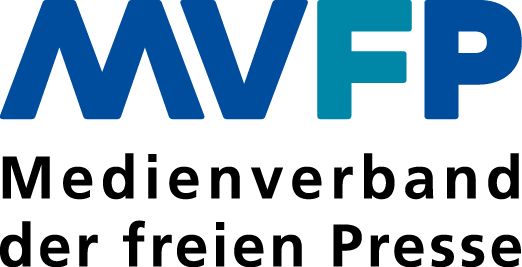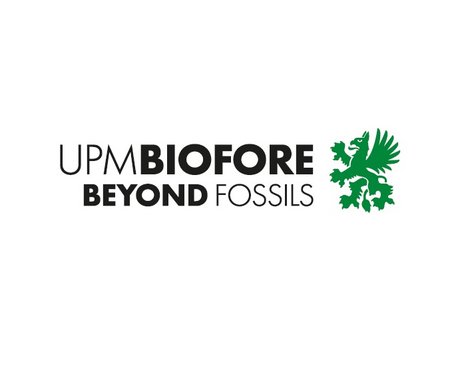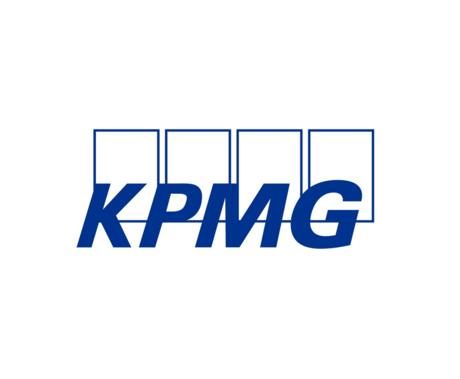How Russia’s Buro 24/7 is (rapidly) expanding around the world
Miroslava Duma, the founder of digital publishing company, Buro 24/7, on working with luxury brands, offline ventures and her company’s rapid expansion.
It might only be half a decade old, but Russian digital publishing company Buro 24/7 has not only become a huge presence in its home market, but has already created sites in ten other international markets, in some instances partnering with major players such as News Corporation
The digital-only brand has also experimented with offline opportunities - it has a restaurant and styling agency in Moscow.
Here, the founder Miroslava (Mira) Duma explains to Ashley Norris why the lifestyle websites have been so successful, and how working in a variety of countries gives the brand an international flavour that appeals to luxury advertisers.
Hear more from Mira at the Digital Innovators’ Summit in Berlin, taking place from 20-22 March).
Where did the idea for Buro come from?
I was motivated to create Buro 24/7 five years ago. I had just finished working at Harper's Bazaar to give birth to my first child. I was time poor, and could not find a single source that featured the latest news across fashion, culture, art, cinema, music, travel, lifestyle and beauty. I believed there was a gap in the marketplace for a single platform in my native Russia that would interest the growing market of young, affluent, taste makers within that society.
While international expansion was always part of our longer term strategy, it happened much more quickly than I could have dreamed.
What makes Buro 24/7 unique, what has helped you succeed where others have failed?
We are fortunate in that we have been truly digital from the outset. This means we have a singular focus and can move quickly. Yet we differ from our digital-only competitors in that we are able to attract luxury advertising partners, which many of our rivals have difficulties with. The environment for these brands to advertise has to be premium, and as we have been able to focus on this niche we have succeeded in attracting them. Ten out of the ten largest luxury advertisers, advertise on Buro 24/7.
Our network of 10 countries means we have unique content from places such as Singapore, the Middle East, Australia that we are able to distribute to our global audience. As we have local teams on the ground we are able to discover new talent, cultures and events quickly and present them to our audience. This is content they normally wouldn't hear about. In addition to this, 35% of our audience is male, which is very interesting and lucrative for our advertisers.
How were you able to scale into new markets so quickly?
Primarily by being diligent in our choice of local partners. It is very important that all Buros have an amazing local team with contacts and experts in the local media and advertising markets. We need every Buro to succeed.
Our new markets also have the benefit of being able to approach large brands who have already worked with Buro in other markets. They trust us and the brand, so they are very supportive with any new market we launch into. This gives our new licensees an advantage over a new brand starting from scratch who has to build these relationships.
We also have the back-end infrastructure, content and training to help our licensees set up quickly. We have one global platform that is customised to the local language and we share content.
How important is social media in countries like Russia and Ukraine? Which platforms lead the way? What are your relationships like with those companies?
Social media is extremely important everywhere, the only thing that differs between markets is the specific platform itself. For example in Russia and Ukraine, the biggest players are VK.com, Facebook, and Instagram, though Periscope is spreading relatively fast too.
You need to be where your audience is, and as social networks consume so much of our audience time, it's important we have a presence. Social networks help drive new audiences, engagement and discovery, however everything we do must ultimately drive the audience back to our own environment.
Why did you choose Australia as the first English language market to launch in? Do you have plans for the US or the UK?
Australia is a unique country which most parts of the world aren't that familiar with due to geographical reasons. Australians have their own style and a growing fashion and culture scene, so we were very interested in exploring the opportunity there. We work with great partners in Australia - News Corporation - who already hold the licenses for Vogue and GQ Australia, so we thought they would be a perfect fit. Buro complements these sites perfectly and has added a younger demographic to News Corporation’s portfolio.
We are currently looking at 12 further licensing opportunities but I won't disclose which ones just yet!
What is the revenue model? Is it ostensibly built around advertising? Where do the ideas for the Burо Beauty (a Moscow styling agency) and Buro Canteen (a Moscow restaurant) come from? Are they a significant part of your income? What other offline innovations do you have coming?
Yes our primary revenue driver is advertising but it's no secret that display CPMs are falling and there are a large number of platforms fighting for both consumer and advertiser’s time and dollars. So alternative revenue streams have always been of interest to us. We looked to find strong partners for our offline brands such as Beauty and Canteen. They are currently a small part of our revenue mix, but there has been significant interest from some of our licensees to expand these offline businesses to their markets, so we see it contributing a larger share in future.
Another revenue stream we are focussing on over the next 12 months is B2B as a production agency for brands.
What are your views on integrated platforms like Facebook’s Instant Stories and Snapchat Discover? Would you like your content to be featured there too - or is it all about focusing on the websites?
As I mentioned above, we need to be where our audience is, and social networks are fantastic in driving awareness and engagement of our brand. However, being a luxury news platform, we are focussed on driving these users to our site. So we do not post our content in its entirety on those platforms. We are always open to new ideas and partnerships however, so we constantly re-evaluate.
Take a look at the updated programme (subject to minor changes):
• Pre-summit, Sunday 20 March (pre-booked tours and drinks)
• Day 1, Monday 21 March
• Day 2, Tuesday 22 March
More than 50 speakers and 600+ media executives will be at DIS 2016 - if you haven’t booked for DIS, our standard rate is available until 15 March – find out more here.





